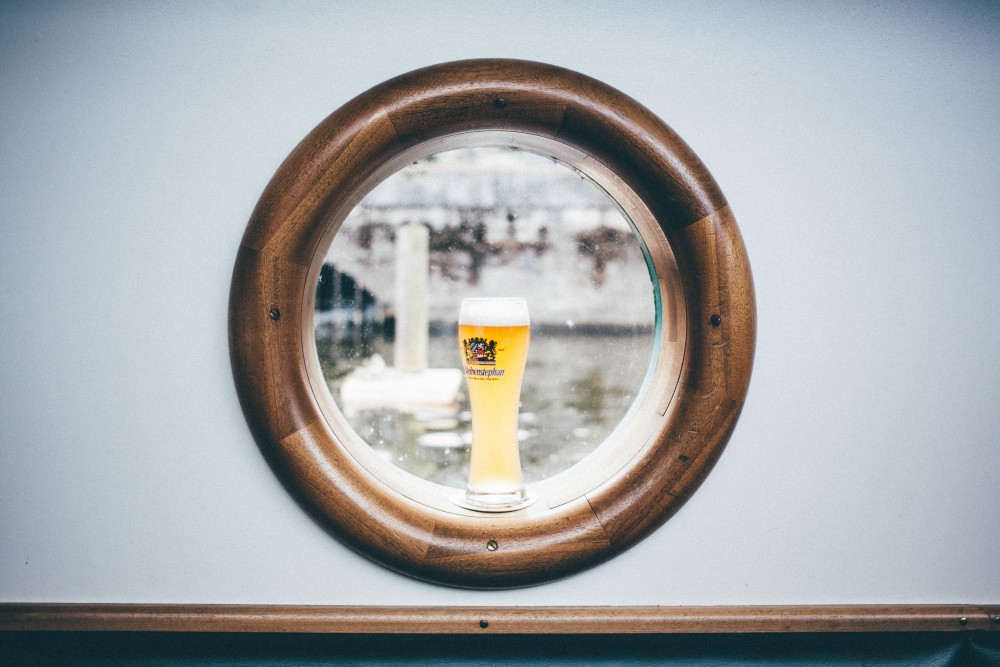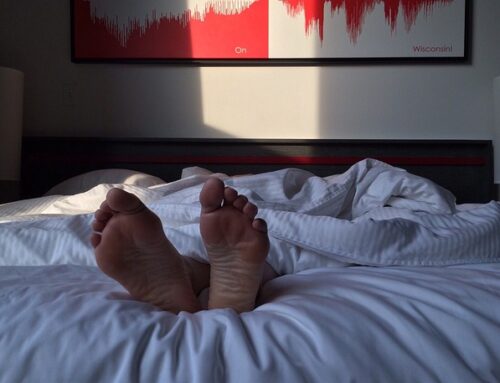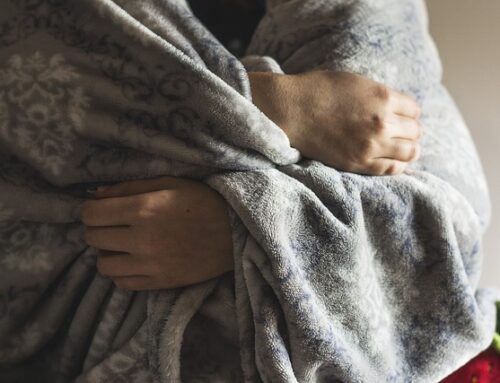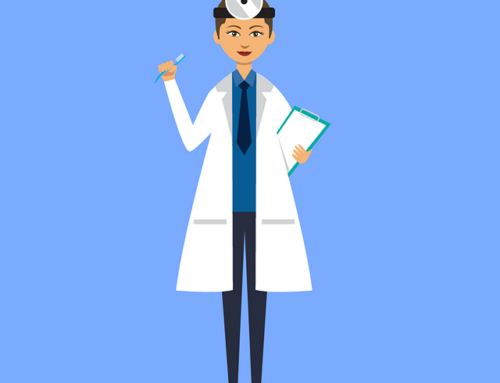This St. Patrick’s Day, when your patients are getting ready to go celebrate with friends and family, take a moment to provide some tips to help protect them from the effects of sleep apnea. As you may already know, alcohol has a negative effect on sleep apnea symptoms.
Alcohol may affect sleep and impact sleep apnea in several ways. So, should people with sleep apnea never drink alcohol? Will limiting alcohol at least help a little? Let’s take a look at the answers so you can help your patients protect themselves during St. Patrick’s Day celebrations and beyond.
Alcohol and Sleep Apnea
In general, alcohol is a substance that may have significant impacts on a person’s overall health. Many people may not realize that alcohol may also affect their sleep, especially if they suffer from sleep apnea and other sleep-disordered breathing conditions. Why? Well, alcohol can decrease a person’s drive to breathe, which slows down breathing and makes breaths shallow. In addition, it may relax the muscles of the throat, which may make it more likely for the upper airway to collapse.
The Consequences
As a result, alcohol use causes apnea events to occur more frequently in someone who is predisposed to them. Additionally, the drops in oxygen levels of the blood become more severe, which may lead to increased carbon dioxide levels in the body, a condition called hypercapnia. The consequences of sleep apnea may become more pronounced with alcohol use.
If your patient suffers from sleep apnea, the best advice would be to abstain from all alcohol use. At the very lease, alcohol should not be used in the several hours prior to bedtime to help minimize the effects experienced overnight. It is also important for patients to utilize their oral appliance or CPAP machine if they suffer from sleep apnea.
So, for St. Patrick’s Day, let your patients have their fun, but be sure to inform them of the negative affects of alcohol on sleep apnea.





